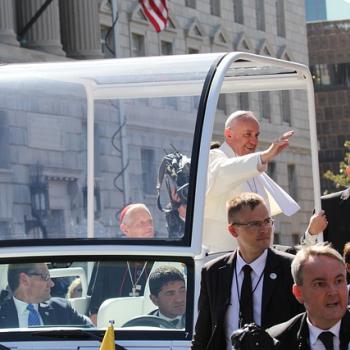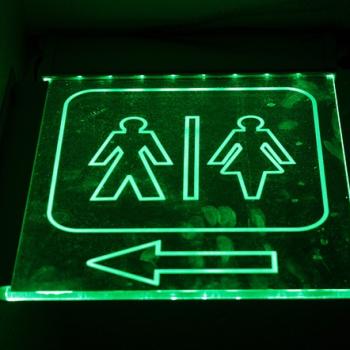
(Image via Pixabay)
By now everyone has probably heard the news that Pope Francis is establishing a committee to study the possibility of the ordination of women to the diaconate. Reactions have been similar to the reactions we saw when Pope Francis mentioned the idea earlier this year. A seminarian acquaintance of mine simply re-shared an article from a couple months ago which, while civil in tone, had the apparent purpose of predetermining the work of the committee, PRIOR to the formation of any such committee. Elsewhere on Patheos Catholic a similar effort to do the committee’s work for it is already underway. Despite the sincerity and good will of those offering such opinions, I suspect this approach is over-eager and less helpful than it is intended to be. Back in May, Mary wrote, “I figure that Rome will decide who can and cannot be a deacon, and I am not Rome despite my zesty Italian surname.” While I share that sentiment, and gave her that surname, I do think the formation of the committee is a good time to add a few more thoughts.
If the news leads you to cheers, or if it just makes you feel jarred or shocked, that is not, as such, good or bad. But there could be good and bad reasons for either reaction- if you believe that the ministry of the diaconate is something God intended for women and you want to cheer, this news seems a good reason. But if you see this discussion as some kind of stepping stone for the ordination of women to priesthood, expect to be disappointed. The Church fundamentally does not see priestly ordination as a matter of power. Justice demands not discriminating in the distribution of power on a male/female basis, but this fact is considered entirely separate from the question of whom should be, or even could be, admitted to priestly ordination.
Now, if you are shocked simply because change in matters of religion seems off or a change in how things should be, that isn’t wrong. Even natural and unavoidable change can be jarring- as in aging, ailing, death, etc. But if that feeling were translated further into a claim that one was being threatened, or into fear of losing what one would considers one’s own, that would be a move into the realm of a dubious selfishness. Especially in this case, as what is under discussion is not change, but the question of whether or not change is reasonable. A judgment that it is reasonable would be a judgment that admitting women to what is today termed “ordination to the diaconate” would in fact be the same thing as the patristic custom described in similar terms, prior to the historical and theological evolution of the meaning and application of those terms. Those who would be bothered by such a judgment on the interpretation of the Fathers should remind themselves of what Trent said about the consensus of the Fathers and recognize that the Roman Pontiff has a certain amount of authority in interpreting that consensus.
As I understand it, the real questions here have to do with whether the diaconate as such should be more associated with its theological roots, as an ordination to service, or in accord with its later trappings of custom, as akin to priesthood. The historical evolution of the term “ordination” – a subject I haven’t studied enough to gloss for you- is significant here.
On the whole, then, I find myself in agreement (not for the first time) with the statement of Archbishop Cupich:
“From the earliest days of the church, women rightly served in key leadership roles. Still, the church must do better. Women deserve to be brought more fully into the decision-making of the church. I look forward to learning more about the work of the commission, composed of an equal number of men and women, as they bring their considerable talents to bear on this important subject in the life of the church.”
Of course, there is a way of reacting to this news that would be completely wrong.












